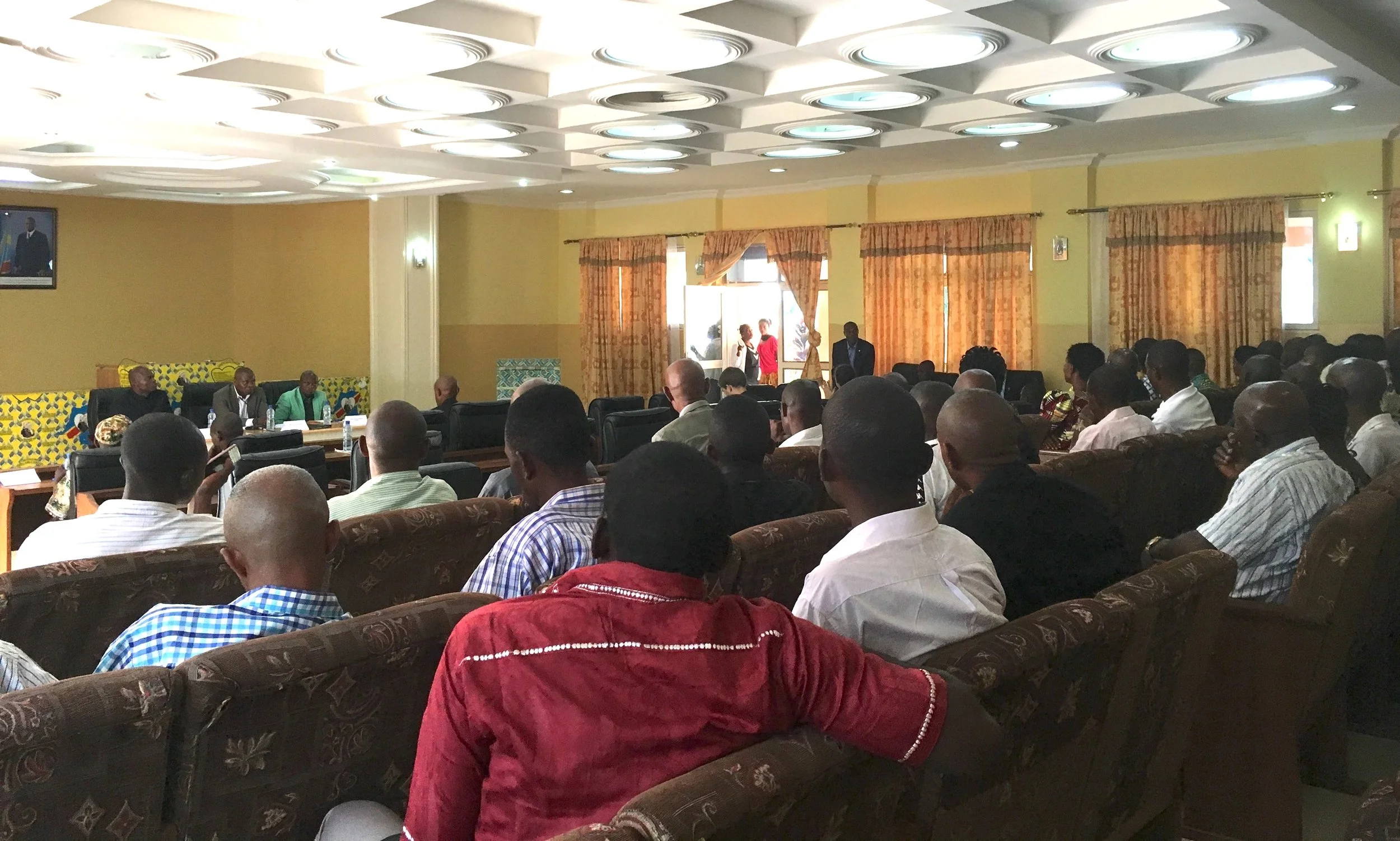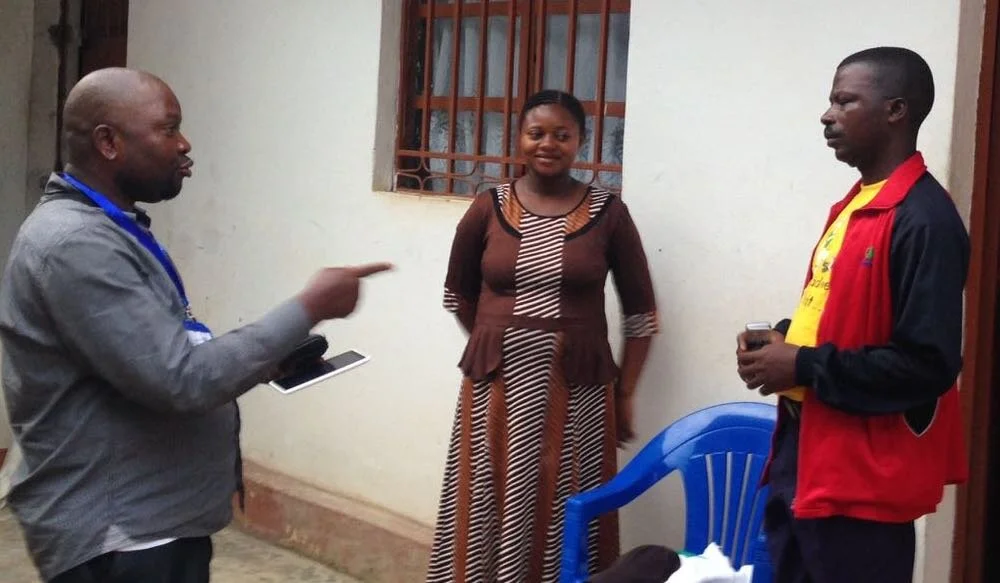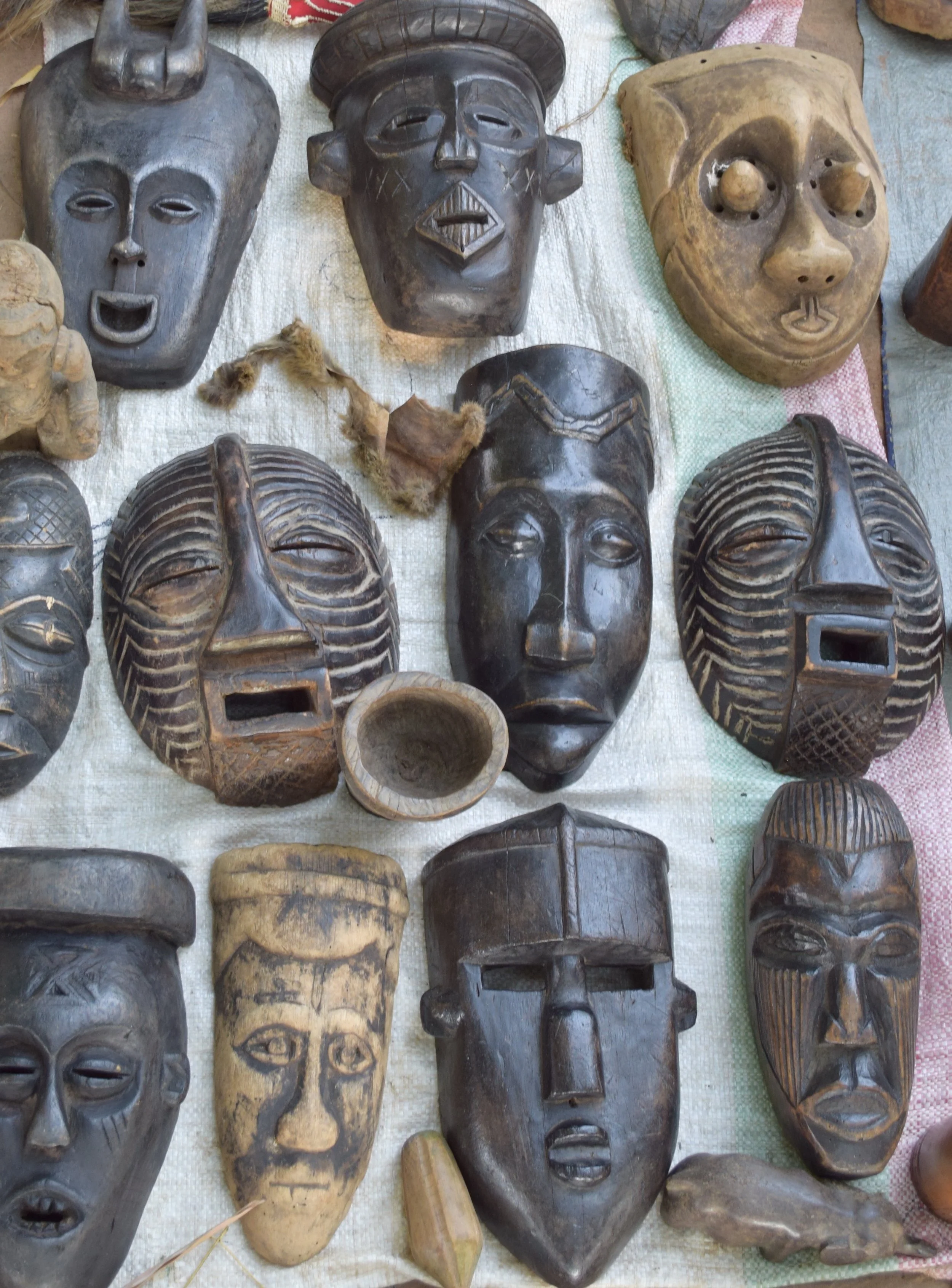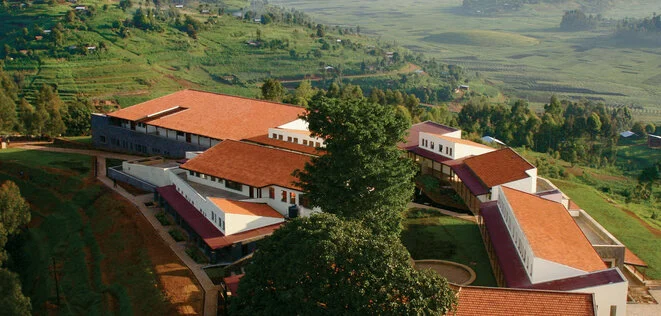Welcome! I am an assistant professor at UC Berkeley’s Haas School of Business working on the political economy of development. If you’re interested in RA positions, click here.
Taxation, governance, and development
2020. Quarterly Journal of Economics. 135; 4: 1849–1903. Paper. Appendix. Related links: Vox Dev, ICTD, Law360, World Bank.
This paper provides evidence from a fragile state that citizens demand more of a voice in the government when it tries to tax them. I examine a field experiment randomizing property tax collection…
with Balan P, Bergeron A, Tourek G. 2022. American Economic Review 112(3): 136. Paper. VoxDev.
We study a randomized policy experiment assigning neighborhoods of a Congolese city — spanning 45,162 properties — to tax collection by state agents or by city chiefs. Chief collection raised property tax compliance by 3.3 percentage points, increasing revenues by 43%.…
with Bergeron A, Tourek G. 2024. Econometrica 92(4): 1163-1193. Paper. JPAL Summary.
We study a policy experiment in the D.R. Congo that randomly assigned 38,028 property owners to the status quo tax rate or to a rate reduction. This variation in tax liabilities reveals that the status quo rate lies above the revenue-maximizing tax rate…
with Bergeron A, Bessone P, Kabeya JK, and Tourek G. Working Paper. VoxDev Summary. Conditionally accepted, American Economic Review.
This paper investigates whether a low-capacity state can raise more tax revenue through the optimal assignment of its tax collectors. We study the two-stage random assignment of property tax collectors (i) into teams, and (ii) to neighborhoods in a large Congolese city…
with Bergeron A, Ngindu EK, Tourek G. Working Paper. Winner of IIPF Peggy and Richard Musgrave Prize 2023.
Delegating tax collection to informal leaders could raise revenue but runs the risk of undermining the local accountability of those leaders. We investigate this possibility by exploiting whether city chiefs in the Democratic Republic of the Congo were randomly assigned to collect property taxes in 2018.
with Ahrenshop M, Bergeron A, Paler L, Tourek G, Weigel JL. Working Paper. While past scholarship finds that taxation catalyzes citizen participation, little is known about how the delegation of tax collection to local non-state actors—a common practice in developing countries—affects the fiscal contract between citizens and the state…
with Jensen A. 2025. Accepted, Journal of Economic Literature. Working Paper.
The empirical economics literature on taxation in developing countries has centered on the importance of third-party information for enforcement. This article reviews an emerging complementary literature focused on strengthening the “sinews” of state capacity: tax administration. We argue that reforms to the organizational structure, personnel management, and task management of tax authorities have potential to raise tax capacity in developing countries…
with Callen M and Yuchtman. 2024. Annual Review of Economics. 16:105-31. Paper.
We review an emerging experimental literature studying institutional change. Institutions are a key determinant of economic growth, but the “critical junctures” in which institutions can change are not precisely defined. For example, such junctures are often identified ex post, raising methodological problems: selection on the outcome of institutional change; an inability to study beliefs, central to coordination and thus the process of institutional change; and an in- ability to conduct experiments to identify causal effects...
with Balan P, Bergeron A, Tourek G. Paper.
Formalization always takes place against a backdrop of social institutions. Yet, whether social institutions are an asset or a constraint for formalization remains unclear….
with Kabue E. 2023. Economica. Ungated version. Published version.
How might fragile states escape a low-capacity trap in which citizens refuse to pay taxes and the government has too little revenue to increase enforcement or provide public goods? We argue that governments can initiate a virtuous cycle in which non-coercive and systematic tax collection improves perceptions of government legitimacy and increases intrinsic motivation to pay taxes.
with Kabasubabu JT, Mukendi RF, Reid O. Working Paper. AEA Registration.
This randomized controlled trial explores citizen bribe payment at roadway tolls in Kananga, D.R. Congo. We offer financial and social incentives to motorcycle taxi drivers to bring receipts proving that they paid the legal toll. Observing a 7 to 10 percentage point increase in legal transactions due to financial incentives, we estimate an elasticity of citizen supply of bribes ranging from -0.45 to -0.95.
History and culture
with Ngoma M, Sievert C, Jaravel X, Nunn N. 2025. Working Paper (coming soon).
We examine a field experiment involving 4,200 individuals across 300 Congolese villages that provided free motorcycle transportation to the largest urban market in the province one day per week for six months. Market access increased household income by 15% nine months after the intervention but eroded subjective wellbeing on average and made participants feel further away from their desired income…
with Bergeron A, Carvalho JP, Henrich J, and Nunn N. Working Paper. R&R, Review of Economic Studies.
We study the evolution of belief systems that suppress productive effort. These include concerns about the envy of others, beliefs in the importance of luck for success, disdain for competitive effort, and traditional supernatural beliefs in witchcraft or the evil eye…
with Sara Lowes, Nathan Nunn, and James A. Robinson. 2017. Econometrica, 85, 4, Pp. 1065-1091. PDF. Appendix. Related links: Cato Institute.
We use variation in historical state centralization to examine the impact of institutions on cultural norms. The Kuba Kingdom, established in Central Africa in the early 17th century by King Shyaam, had more developed state institutions than the other independent villages and chieftaincies in the region. It had an unwritten constitution, separation of political powers, a judicial system with courts and juries, a police force and military, taxation, and significant public goods provision…
with Sara Lowes, Nathan Nunn, and James A. Robinson. 2015. American Economic Review Papers and Proceedings 105, 5, Pp. 1-8. PDF Appendix. VoxEU.
Despite the salience of ethnicity in African politics, recent experimental research finds little evidence of intrinsic coethnic bias. We develop a new measure of ethnic bias that is less sensitive to experimenter demand effects and other forms of measurement error. Specifically, we argue that a tablet-based implicit association test (IAT) mitigates measurement error concerns associated with studying interethnic preferences…
with L. van Dorp, et al. 2019. Proceedings of the National Academy of Sciences 116(2):593-598. PDF. BBC Inside Science.
Few phenomena have had as profound or long-lasting consequences in human history as the emergence of large-scale centralized states in the place of smaller-scale and more-local societies. This study examines a fundamental, and yet, unexplored consequence of state formation: its genetic legacy…
with Lang, M. et al. 2019. Proceedings of the Royal Academy B286: 20190202. PDF.
Explaining the emergence of large-scale cooperation during the Holocene remains a central problem in the evolutionary literature. Among several contributing mechanisms, one hypothesis points to culturally evolved beliefs in punishing, interventionist gods that facilitate the extension of cooperative behavior toward geographically distant co-religionists who are unlikely to reciprocate…
with Gilbert Tshiebue Kapepula and Max Mbosho Konshi. Religion, Brain and Behavior, 12, 150–170. doi: 10.1080/2153599X.2021.2006289. Paper.
This paper explores an empirical puzzle: individuals in urban D.R. Congo who were unsure if they would be able to provide sufficient food for their families gave more of their money away to anonymous receivers in behavioral games. They were especially likely to share money evenly. We argue that this surprising prosocial behavior reflects sharing norms associated with informal insurance, for which more materially insecure individuals presumably have higher demand. We further argue that such sharing norms are sustained in urban Congo by Pentecostal churches…
Global Health
Farmer P et al. 2013. University of California Press. Link.
An interdisciplinary introduction to global health. Coauthor on chapter 4 “Health For All? Competing Theories and Geopolitics,” chapter 8 “The Unique Challenges of Mental Health and MDR-TB: Critical Perspectives on the Metrics of Disease,” chapter 10 “Taking Stock of Foreign Aid”, and chapter 12 “A Movement for Global Health Equity? A Closing Reflection.”
Ivers LC et al. 2013. American Journal of Tropical Medicine and Hygiene. 89(4): 617–624. Paper.
This paper describes the collaborative activity that offered oral cholera vaccine to one region of the Artibonite Department of rural Haiti in addition to other ongoing treatment and control measures. Despite logistics and cold chain challenges, 45,417 persons were successfully vaccinated with OCV in the region, and 90.8% of these persons completed their second dose…
Farmer P et al. 2013. British Medical Journal 346:f65. Paper.
Some have characterised Rwanda’s rebirth as good fortune or as a “black box” case with few lessons for others. However, as doctors and researchers who have worked for a decade with Rwanda’s Ministry of Health and its development partners, we contend that the country’s approach to strengthening its health system offers insights for other countries faced with persistent poverty and lagging health indicators.
Other Writing
Ghatak M, Jaravel X, Weigel JL. 2020. “The World Has a $2.5 Trillion Problem. Here’s How to Solve It.” The New York Times. Link.
Naritomi J, Sequeira S, Weigel JL, Weinhold D. 2019. “RCTs as an opportunity to promote interdisciplinary, inclusive, and diverse quantitative development research.” World Development 127:104832 (short piece for RCT symposium). Paper.
Weigel JL. 2013. “Introduction” to To Repair the World: Paul Farmer Speaks to the Next Generation. University of California Press. PDF. Link to Book.
Weigel JL and Farmer P. 2012. “Cholera and the Road to Modernity: Lessons from One Epidemic for the Next.” America’s Quarterly. Link.




















